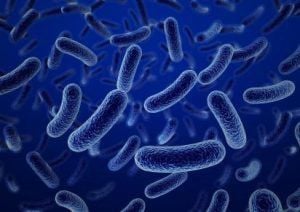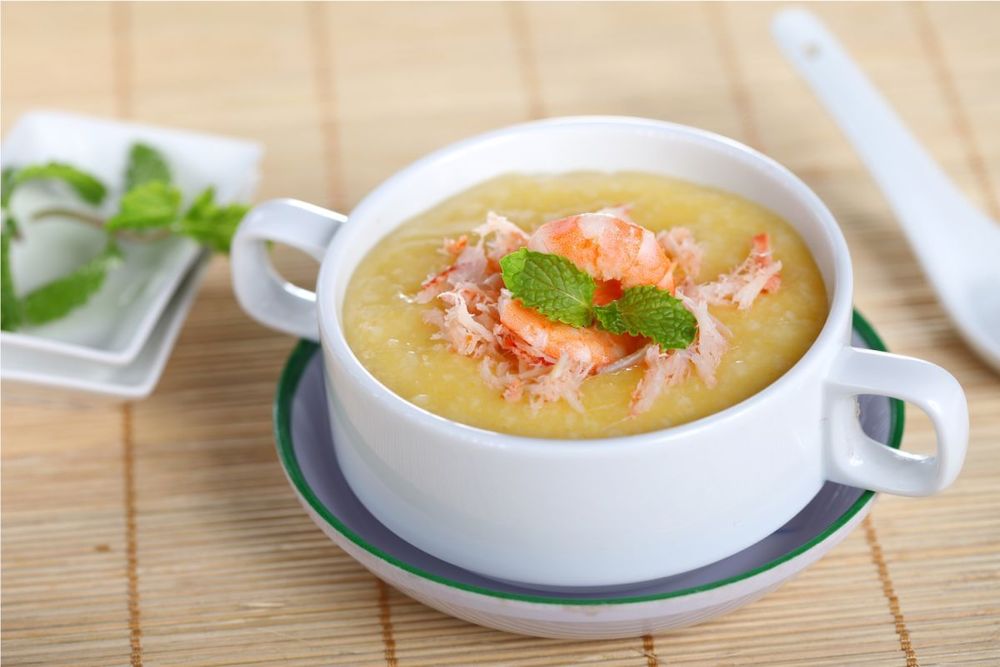This is an automatically translated article.
The article is expertly consulted by Master. Doctor Dang Thi Ngoan - Pediatrician - Neonatologist - Department of Pediatrics - Neonatology, Vinmec Ha Long International General Hospital.Dysentery in children is a concern of most parents because when having dysentery, the baby is both uncomfortable and tired due to having to go out many times a day. Therefore, you need to pay attention to the following symptoms of dysentery in children in order to promptly detect, treat and prevent the disease for your baby as soon as possible, so as not to cause complications to other dangerous diseases.
1. What is dysentery in children?
Dysentery in children is an infection in the intestines caused by certain bacteria and parasites. The disease will cause the child to have continuous bowel movements with mucus and blood in the stool. This is one of the common diseases in children and will be life-threatening if not treated properly and promptly.Trắc nghiệm: Nhận biết sớm dấu hiệu chậm phát triển thể chất và trí tuệ ở trẻ
Nếu 6 tuổi không biết đếm số, 7 tuổi vẫn chưa phân biệt được giữa thực tế và tưởng tượng thì có thể bé chậm phát triển thể chất và trí tuệ hơn so với bạn bè cùng lứa. Bạn đã nhận biết được các dấu hiệu bất thường sớm này chưa? Cùng làm nhanh bài trắc nghiệm sau để trang bị thêm kiến thức cho mình nhé!
The following content is prepared under supervision of Thạc sĩ, Bác sĩ y khoa, Ma Văn Thấm , Nhi , Phòng khám Đa khoa Quốc tế Vinmec Dương Đông(Phú Quốc)
2. Signs children have dysentery
Children with dysentery will have a bowel movement many times, even do not want to leave the toilet or ask to sit on the potty continuously because they will always feel the urge to defecate like the feeling of straining in adults. Small stools, liquid, mixed with mucus, fresh blood, foam. Young children will show signs of fussiness before defecation. After defecation, it relieves abdominal pain and reduces crying.
Amoebic dysentery: Children have abdominal cramps in episodes, mild or no fever, feeling chills, passing stools many times a day. At the same time, the stool will have a lot of mucus like sputum accompanied by blood. Bacillary dysentery: Children have signs of continuous high fever, mild diarrhea, watery stools, abdominal pain. In addition, there are symptoms of burning pain in the anus, always wanting to defecate, bloody mucus and happening many times a day. If parents do not treat it in time, the baby will have dangerous complications such as: intestinal perforation, gastrointestinal bleeding, intussusception, ulcerative colitis after dysentery, amoebic appendicitis,...
3. Causes of children with dysentery
Infants and young children are very susceptible to gastrointestinal diseases such as dysentery. The reason is because the immune system and intestinal beneficial bacteria of the children are still weak and not working really effectively, so when bacteria or invasive agents invade massively, it will lead to inflammation and confusion. digestive disorders.Modern science has found the most specific causes of dysentery in children, which are strains of bacteria that are harmful to the intestinal tract:
Amoeba: This is a type of bacteria that causes many diseases. related to the intestinal tract such as diarrhea, dysentery,... Short, immobile bacilli: Usually bacilli belonging to the Shigella group such as Shigella Amigua, Paradysenteria,...

4. Paths of transmission of dysentery in children
The feeding of children with unclean and unhygienic food and drinks is one of the causes of dysentery in children. Children can be infected with dysentery from sources such as contaminated food, water, vegetables, etc. Animals that carry diseases such as dogs, cats, flies, etc. can cause dysentery in children. Children using dirty hands to pick up food can also introduce disease-causing germs into the body to cause illness.

5. Diagnosing and treating dysentery
The diagnosis of dysentery should be based on the signs described above. Stool tests and blood tests will help confirm the diagnosis to provide a specific treatment for each case. Therefore, parents need to take the child to a medical facility for examination and diagnosis when the child has the above symptoms, should not self-treat to avoid complications for the child.6. What should children with dysentery eat?
When having dysentery, children need to be supplemented with 4 main groups of nutrients to strengthen the immune system, which are fiber, starch, protein and vitamins, which are abundant in cereals, meat, fruits and vegetables. . Should give children liquid foods to easily absorb and not put pressure on the stomach. Accordingly, dishes such as porridge, lotus root, guava juice, green beans, ... will be very good for children with dysentery.
7. How to prevent children from having dysentery
Always adhere to the principle of "cooked food, drink boiling" for children. Remind children to wash their hands before eating and after using the toilet.
Food should be covered to avoid flies; sanitation of manure, garbage, management of manure use in agriculture. In particular, people serving food, feeding and raising children must always keep clean. Pediatrics Department at Vinmec International General Hospital is the address for receiving and examining diseases that infants and young children are susceptible to: viral fever, bacterial fever, otitis media, pneumonia in children , dysentery, .... Vinmec owns modern equipment, sterile space to minimize the impact as well as the risk of disease spread. Besides, the dedication from doctors with professional experience with pediatric patients, makes the examination no longer a concern for parents.
Doctor Dang Thi Ngoan used to be a lecturer in the Department of Pediatrics - Hai Phong University of Medicine and Pharmacy. Having been granted certificates in Pediatrics at home and abroad such as: Westmead Hospital, Australia; Hai Phong Medical University. Currently, Doctor Ngoan is a pediatrician - neonatologist at the Department of Neonatology at Vinmec Ha Long International Hospital.
Please dial HOTLINE for more information or register for an appointment HERE. Download MyVinmec app to make appointments faster and to manage your bookings easily.















